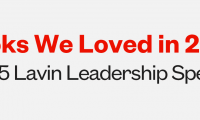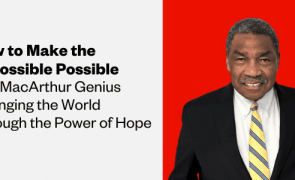The Anthropocene Project—the cumulative work of a years-long exploration of humanity’s impact on the world—is embracing the future with a new VR app. A multidisciplinary endeavor combining a feature documentary (directed by Edward Burtynsky, Jennifer Baichwal, and Nicholas de Pencier), art photography, scientific research, and now VR, The Anthropocene Project engages viewers with its in-depth inquiry into the human influence on the future of our planet.
Now, three of the project’s short documentaries are linked up with VR apps, so curious minds can immerse themselves in a captivating narrative full of Edward Burtynsky’s staggering visuals in a full 360° experience. The three original films featured are Ivory Burn (capturing the largest ivory burn in history and its symbolic message to illegal trade syndicates, while bearing witness to the loss of the diversity of animal life it embodied); Dandora (exploring the largest landfill in Kenya and the microeconomy—and massive geological change—it enables); and Carrara (following the ecological impact of the global export economy of precious marble).
Burtynsky’s remarkable photographic depictions of global industrial landscapes are included in the collections of over fifty major museums around the world, including the Museum of Modern Art in New York. His exhibitions, which have all been published as books, include Manufactured Landscapes, Before the Flood, China, Oil, and Water. Burtynsky’s photos explore the complicated link between industry and nature, resulting in incredibly evocative visuals that find beauty and humanity even amid destruction.
He has spoken at the Library of Congress, was one of the first recipients of the TED Prize, and is also an Officer of the Order of Canada. He has been named one of named one of Canada’s Greatest Explorers by Canadian Geographic, and, in November 2019, The Royal Canadian Geographical Society presented him with the Gold Medal for his work in environmental photography.
The Anthropocene Project’s VR app is now available on Apple, Google Play, and Viveport; coming soon to Oculus Rift, Gear VR, and Go. Alternately, you can explore the films in 360° via the links here.
To book speaker Edward Burtynsky, contact his exclusive speakers bureau, The Lavin Agency.















